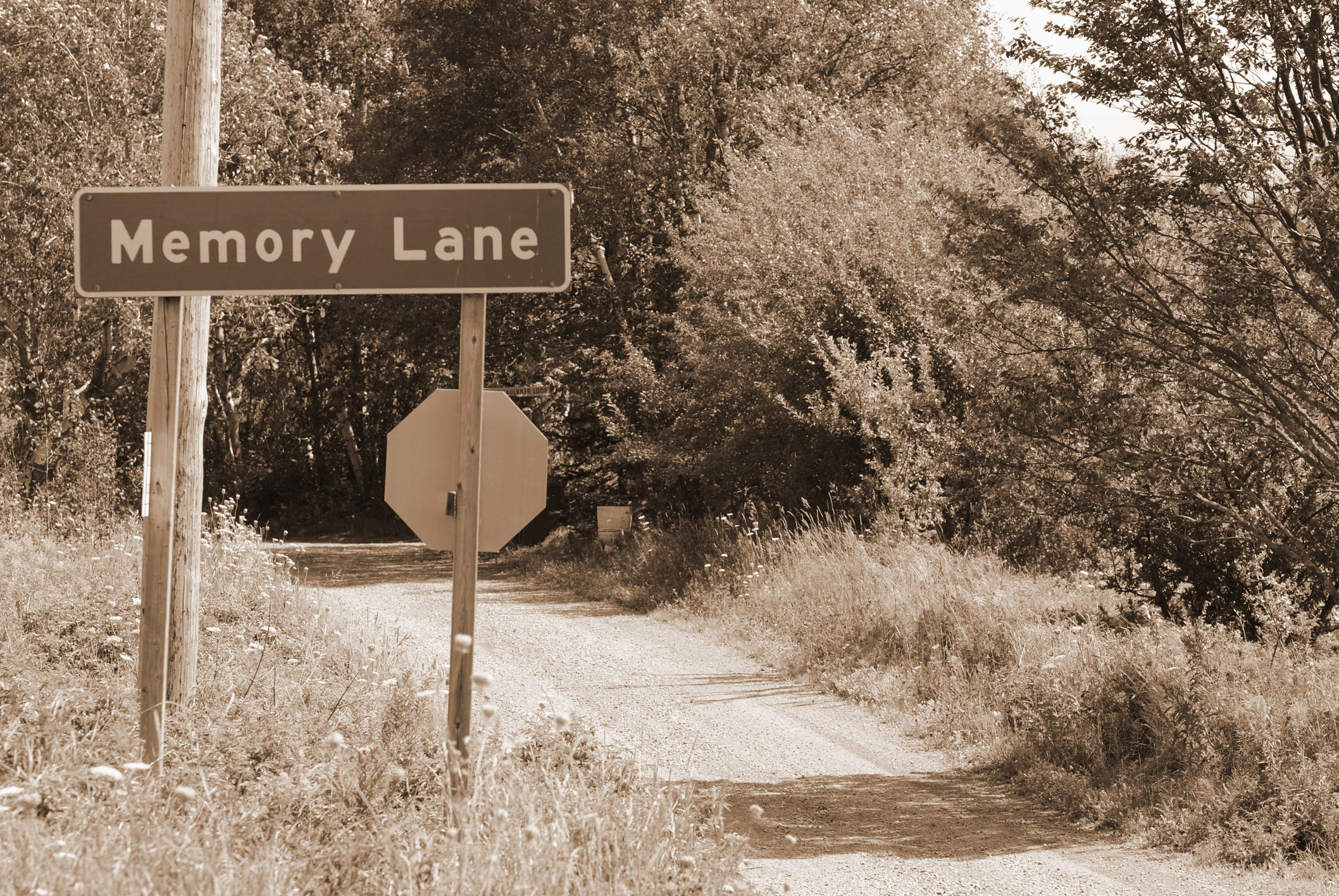When the world outside your door feels unjust or unsafe, and our thoughts are bombarded by a non-stop news cycle, it’s no surprise that many people turn to the music, television, food, or books that are most familiar. Nostalgia is comforting and predictable, which given the state of the world at the moment, is something many people are craving. Whether you find respite from anxiety in a vintage video game, or in rewatching a classic sitcom, a trip down memory lane can be fun and soothing.
Even after purging our households of useless items that no longer spark joy, many people have also taken the pandemic pause as permission to use the good dishes on a daily basis, wear the cashmere scarf to the grocery store or pull the turntable out of storage and play an album from start to finish.
In a recent Town and Country magazine essay, Kyle Chayka writes that the unimaginable future as a result of the pandemic, climate change, and social unrest have created a strong desire in people to return home, to the past and bathe in a little nostalgia. Because classics, like a dry martini or an episode of Seinfeld, rarely disappoint, it’s understandable why so many people have found comfort in the familiar.
But before we all get stuck too deep in the past, it’s also important to try new things, listen to current music, cook a different style of food or learn a new game. To stay mentally sharp in older age, the brain must be challenged and whether you take a language or photography class or join a pickleball club, learning a new skill is one of the best ways to keep the brain active and delay cognitive aging. Forty-five minutes of exercise, at least three times a week, has also been found to improve working memory and cognition.






Add Your Voice
0 Comments
Join the Discussion